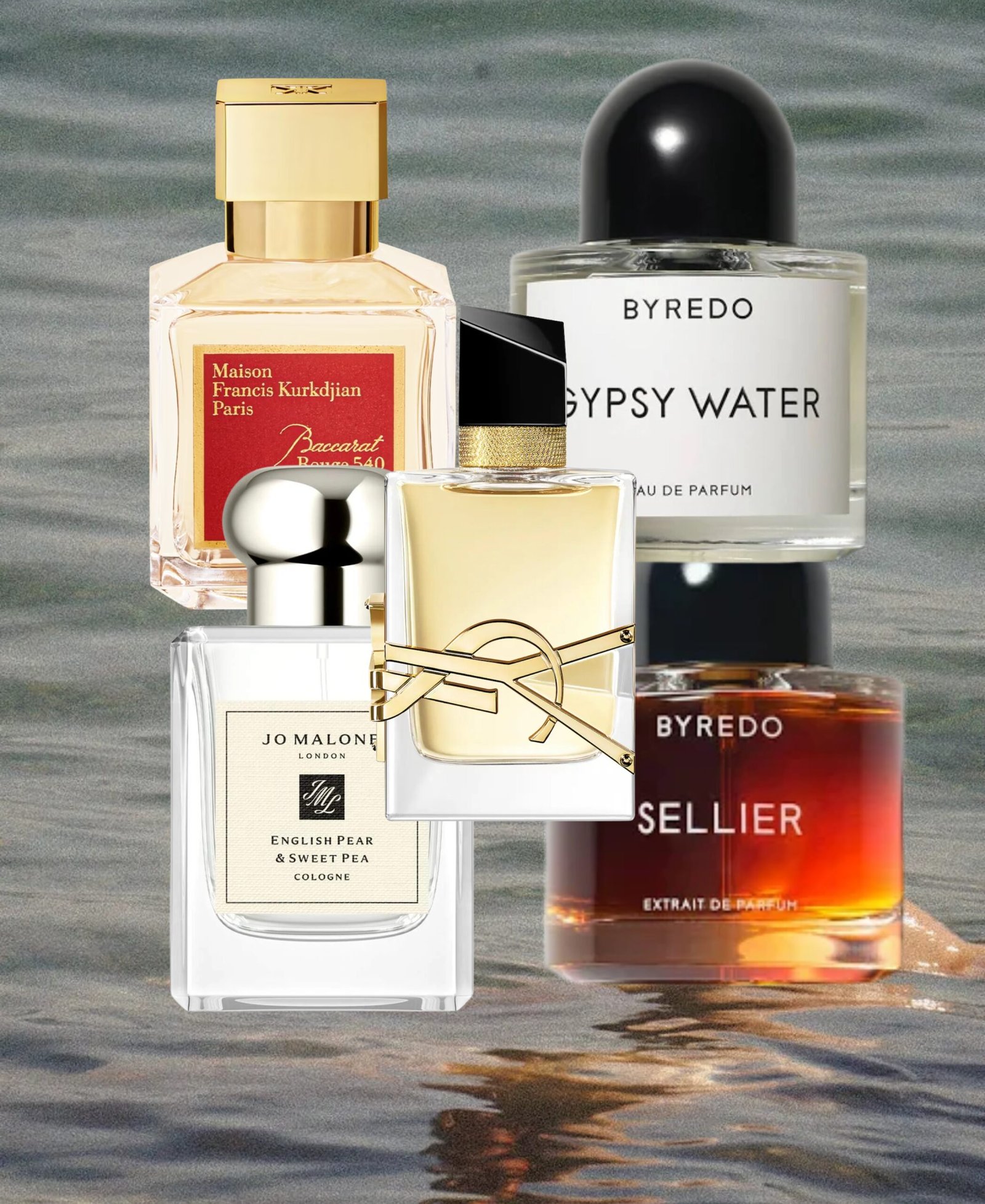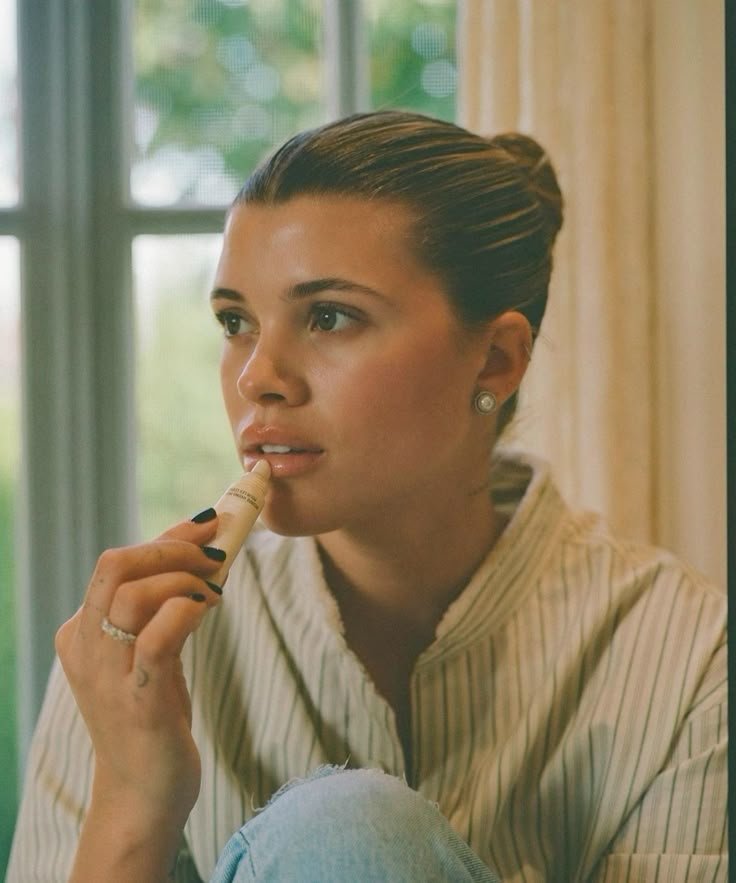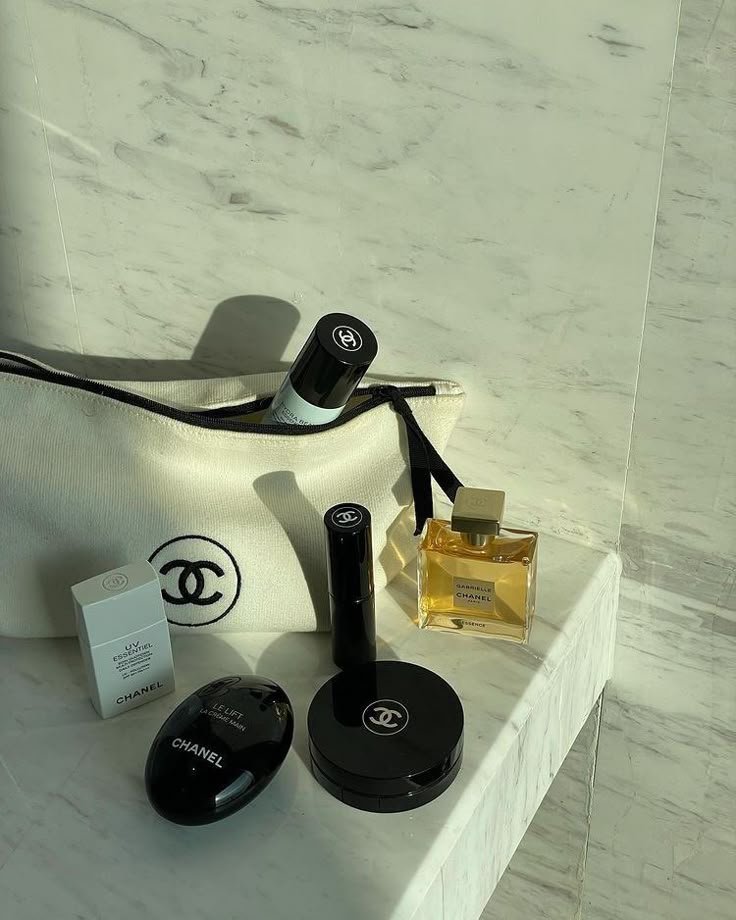Finding your signature scent is one of those small luxuries that feels deeply personal. It’s not just about smelling good, but finding a scent that speaks to your personality, lingers all day, and leaves an impression long after you’ve walked away.
First things first: fragrance strength matters. Know the Fragrance Families & Strengths. Eau de parfums have a higher concentration of perfume oils compared to eau de toilette. That means it tends to last longer. Extraits are even richer, and ideal for a night out. On the lighter side, eau de cologne or eau fraîche wears more softly. Understanding this helps you set realistic expectations before you fall in love with a scent that fizzles by noon.
A perfume doesn’t smell the same from the first time you apply it to when you end the day. It evolves in three act-like stages: top notes, heart notes, and base notes. The base notes are where longevity lives—think woods, amber, resins, vanilla, musk. Experts agree that these deeper notes often determine what you smell hours after wear.
When testing, don’t judge too early. Let your sample ride for a bit and revisit it. A perfume that smells okay at first may bloom beautifully later because of the base notes. You don’t need a dozen bottles to find your signature scent. Start by thinking about your daily lifestyle. Do you want to smell fresh and understated, or warm and sensual? Clean and minimalist, or rich and nostalgic? Think of the moments you want your scent to define; morning meetings, date nights, or weekends away. Select a few candidates (no more than three at once) and give them a test week. The one you reach for without thinking? That’s your winner. Your signature perfume should feel familiar, like an extension of your own skin.
Don’t just spray and hope. The way you apply perfume affects how long it lasts. Start with hydrated skin. A light layer of unscented body lotion helps the perfume molecules cling better. Spray pulse points like wrists, inner elbows, behind the ears, and the base of the neck, and let it dry naturally. Don’t rub your wrists together, because friction breaks down notes. Optional, spritz hair or clothes from a distance. Fabrics often hold scent better than skin.
Layering fragrance isn’t about spraying everything you own. It’s about building harmony. Application can make or break your fragrance’s longevity through the day. Start with a lightly scented (or matching) body lotion. Then your perfume. Maybe add a light mist over clothes or scarf. This layering helps anchor the scent without overpowering.
Skin is an active co-creator of scent. Your pH, oil levels, even diet can shift how a fragrance projects and lingers. Two people can smell totally different wearing the same perfume. Warm skin can also amplify scent, while very dry skin may cause it to fade faster. If your perfume disappears on you, boost it with a matching balm or fragrance oil.
No need to be married to one scent forever. When seasons change, your skin changes, and what wore beautifully in spring might feel heavy in midsummer. Keep a lighter version or a softer scent for warmer months (like a fresh floral) and a richer one (woody, amber, resinous) for colder months. When investing in a scent, consider buying “intense” or “extrait” versions if they exist. These often carry the same DNA as the regular scent but last deeper into the day without needing constant reapplication.



